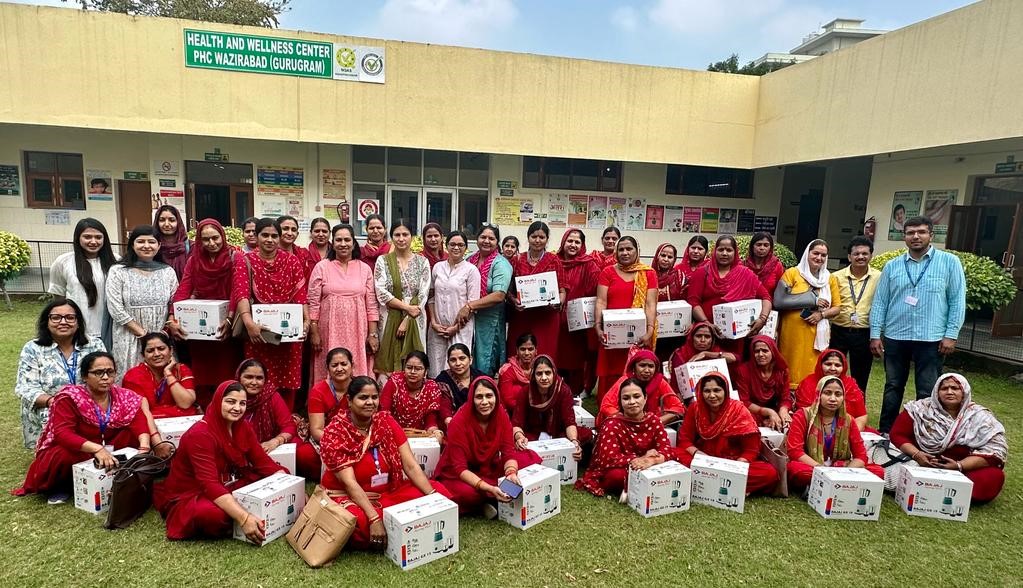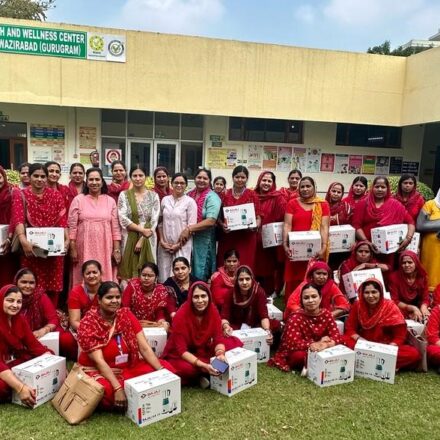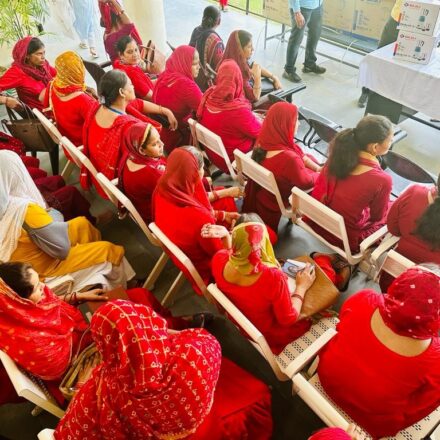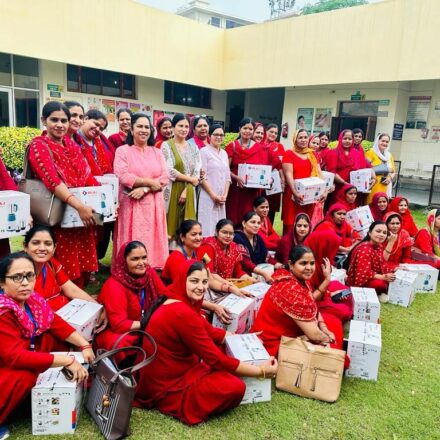ASHA, a Hindi word, which means hope, are the more than one million Accredited Social Health Activists (ASHAs) female health workers in India. ASHAs support maternal care and immunization for children against vaccine-preventable diseases; tuberculosis, neglected tropical diseases, communicable disease prevention and control; and core areas of health promotion for nutrition, sanitation, and healthy living.
We are working on the NIHR Global Health Research Unit on Diabetes and Cardiovascular Disease in South Asia and five distinct study sites. There are 30 ASHA workers based from each site. These ASHA workers are responsible for providing healthcare services to a local population of 2000 individuals, of which approximately 1000 are 18 years or older.
During the course of our research project, the ASHA workers played a critical role in assisting our team members with the enumeration process, as well as in disseminating information about non-communicable diseases (NCDs) and the importance of regular screenings to detect these diseases at an early stage. By leveraging their extensive network and rapport with the community, the ASHA workers effectively communicated the importance of preventative healthcare measures to the local population, thereby contributing significantly to the success of our research project.
In the context of the “Skill Development of Primary Healthcare (PHC) Teams in the New Delhi” project, the Asha workers were provided with training supported by the NIHR. This program aimed to enhance the skills and knowledge of 30 Asha workers- In the Primary Health Centre located in Wazirabad, Gurgaon, and encompassed three distinct domains, namely: knowledge and clinical skills pertinent to non-communicable diseases (NCDs), lifestyle intervention and behaviour change skills, and care delivery skills.
The training was delivered over 12 weeks and was designed to enable Asha workers to acquire the necessary competencies in the aforementioned areas, aiming to improve the quality of healthcare services provided by PHC teams. Through this training, Asha workers were equipped with the requisite knowledge and clinical skills pertaining to NCDs, which included the identification and management of common NCDs such as diabetes, hypertension, and cardiovascular diseases. Furthermore, the training also covered lifestyle intervention and behaviour change skills critical for managing NCDs, such as smoking cessation, healthy eating habits, and regular physical activity. Lastly, the training also focused on developing care delivery skills, which included communication and interpersonal skills, effective record-keeping, and patient-centered care.





